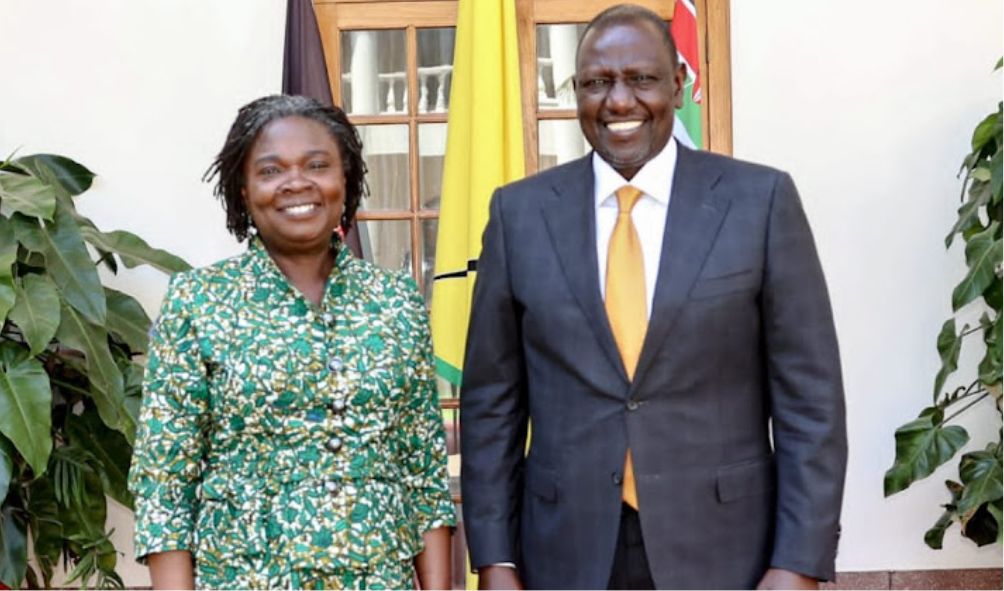World Bank welcomes Ruto’s new digital taxes

World Bank supports Ruto's move to widen revenue reach in the digital marketplace (digital taxes)
World Bank supports Ruto’s move to widen revenue reach in the digital marketplace (digital taxes).
While obtaining funding from external sources is difficult, the international lender claims that the measures are a step forward in the nation’s effort to increase its tax base and strengthen domestic revenue mobilization.
The introduction of Value Added Tax (VAT) on digital supplies and the introduction of withholding tax on financial derivative gains by non-residents, among other measures, are expected to contribute to the realization of 0.7 percent of GDP, or roughly Sh93.6 billion, in additional tax revenue by 2024, according to the multilateral lender.
The Value Added Tax (Digital Marketplace Supply) Regulations, 2020 were released by the Treasury on October 9, 2020, and were presented to the National Assembly on February 16, 2021.
The regulations operationalized the collection of the VAT.
“The government issued new VAT regulations on supplies through the digital marketplace (Electronic, Internet Digital Marketplace Supply) by providing the interpretation, scope, simplified registration framework, appointment of tax representatives, place and time of supply, accounting for and payment of tax, claim for input tax and penalties,” the World Bank states.
“These will complement the package of reforms that the government is undertaking to expand the revenue base and raise compliance by preventing evasion, corruption, and money laundering.”
The World Bank has also praised the nation’s efforts to streamline its Excisable Goods Management System (EGMS).
The Kenya Revenue Authority (KRA) launched EGMS in 2012 with the goal of increasing the country’s excise tax collection by enhancing product traceability and eliminating illicit goods.
Court ‘shields’ employers from sacking ‘poor performers’
Maize flour prices to drop to levels never seen in TEN year; Ruto govt promises
Man commits suicide after wife refuses to cook him chicken
Tough times as Russia and Saudi Arabia cuts oil exports, sending prices higher
Recent months have seen intense scrutiny focused on KRA’s Sh4.6 billion, five-year deal with SCIPA Security Solutions for the delivery of excise stamps.
“The government has also issued EGMS regulations to amend the provisions concerning excise stamps on excisable goods, exemption from excise stamps, and disposal of forfeited and seized goods. To streamline implementation, excisable goods required to have excise stamps are now listed in the first schedule of the EGMS regulations. The amendments will promote fair administrative justice by introducing a new provision for a notification to the owners of seized or forfeited goods before disposal, as well as widen the provision on the application for licence or registration and the minimum specifications for metering, measurement, and monitoring devices,” the Bank says.
In the financial year 2023/24, the government targets to mobilize Sh2.5 trillion through ordinary revenue, piling pressure on KRA.
To help realize the ambitious revenue targets the Finance Act of 2023 has introduced a Digital Assets Tax at the rate of 3.0 percent of the gross fair market value consideration received or receivable at the point of exchange or transfer of a digital asset such as a cryptocurrency.
Also read,
International Commission on Jurists (ICJ) welcomes court ruling on CAS
Azimio mulls Raila exit in a new plan to take on Ruto
TSC announces 20,000 internship positions; How to apply
Kenya Power responds after MP assaults one of its employees
Follow us




